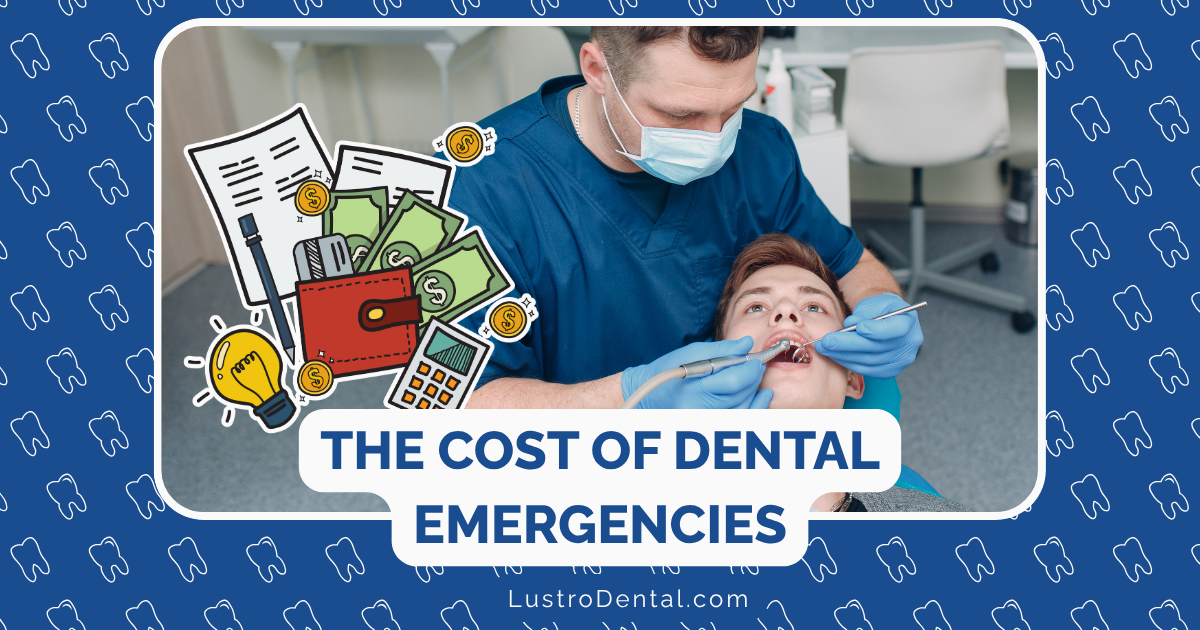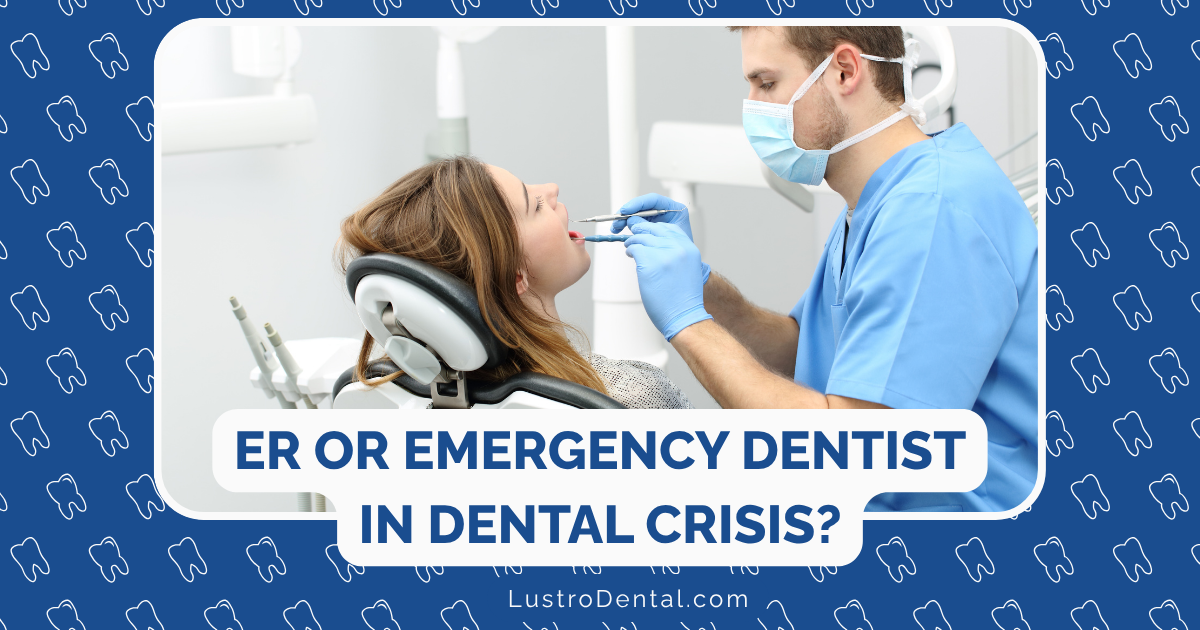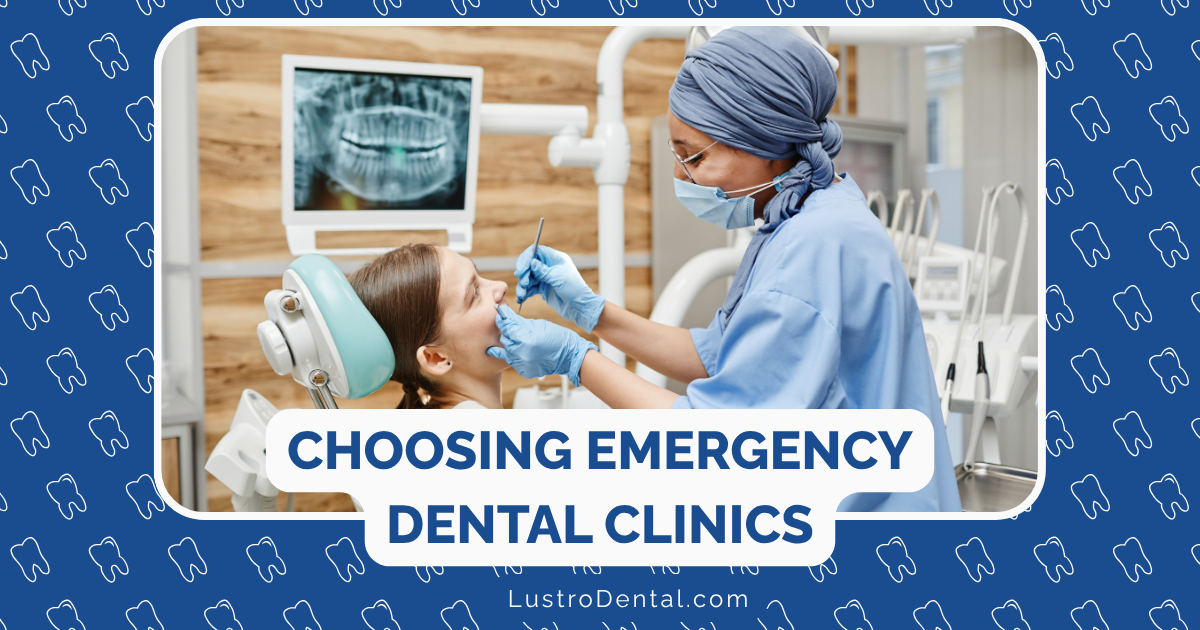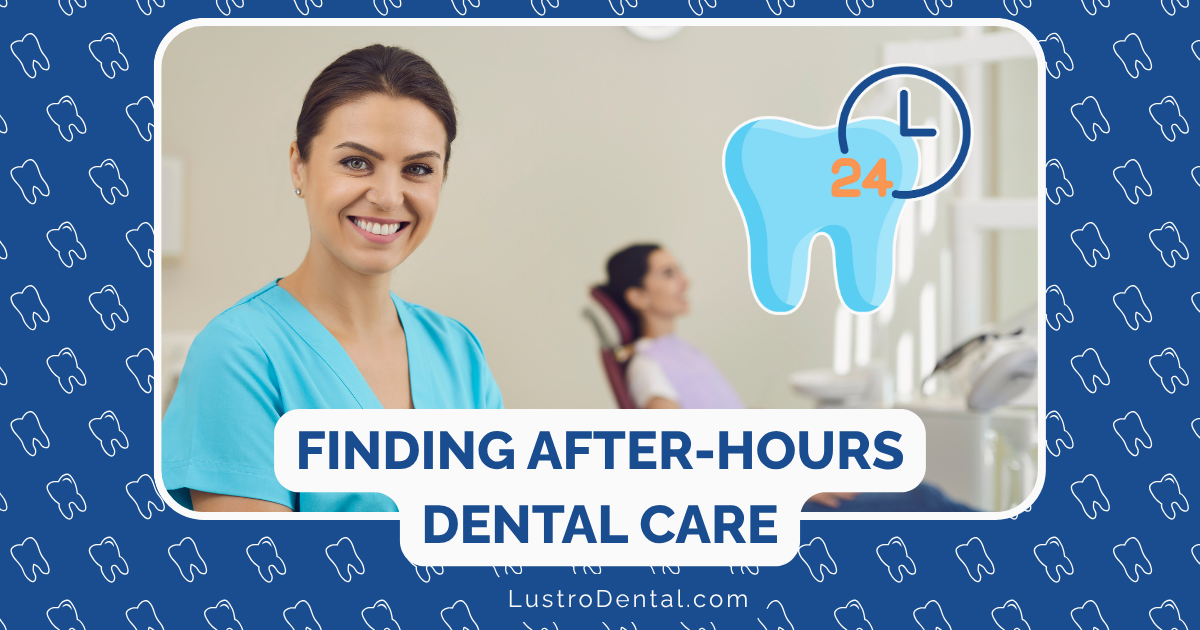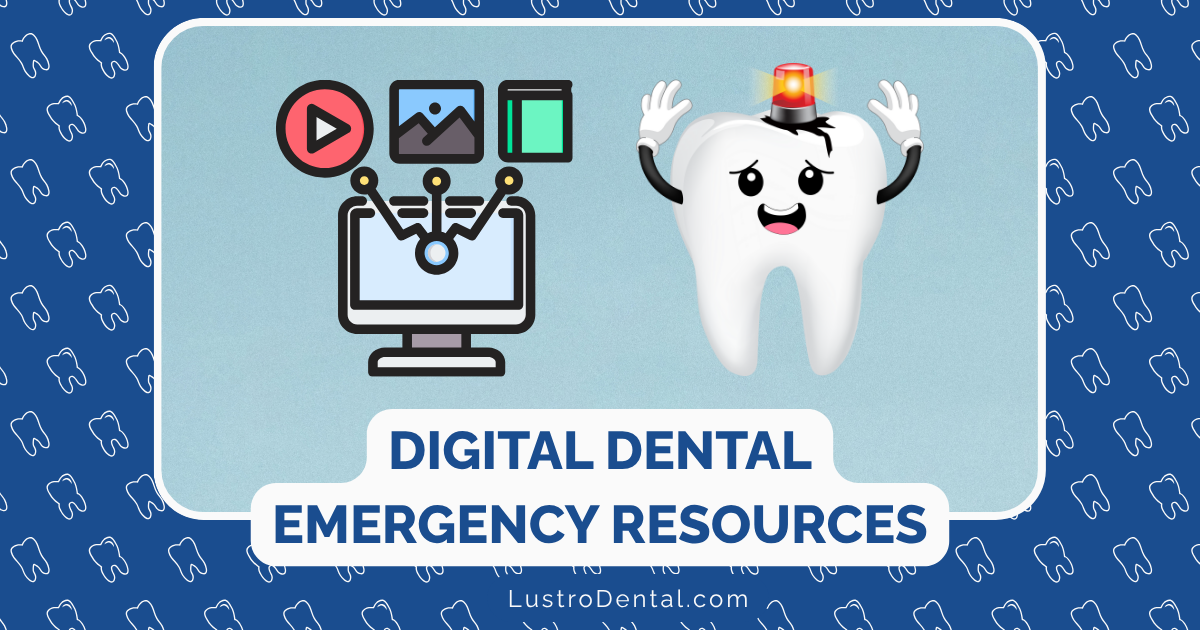Antibiotics for Dental Infections: When They’re Necessary and When They’re Not
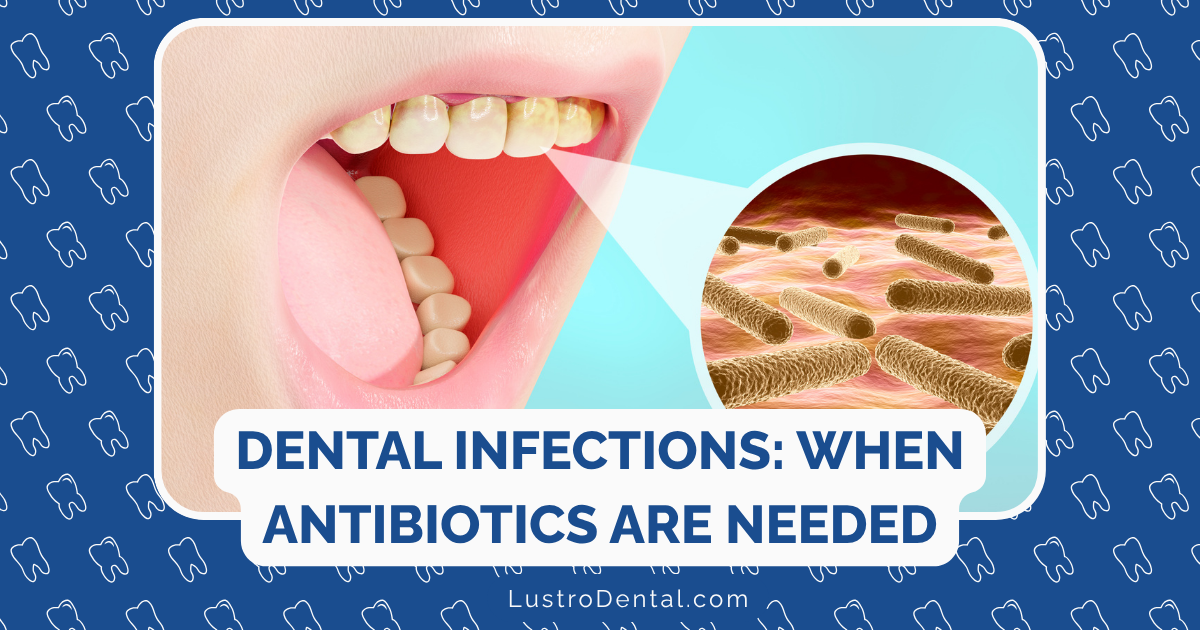
That throbbing tooth pain has you reaching for the phone, hoping your dentist might call in an antibiotic prescription to provide some relief. I’ve seen this scenario play out countless times in dental practices, and I understand the desperation that comes with dental pain. But here’s something many people don’t realize: antibiotics aren’t always the answer, and in some cases, they might do more harm than good.
As someone who’s spent years advocating for proper dental health education, I want to help you understand when antibiotics make sense for dental infections and when other approaches might be better. Let’s clear up the confusion together.
Understanding Dental Infections: The Basics
Before we dive into treatments, it’s important to understand what’s happening in your mouth when an infection takes hold. Dental infections typically occur when bacteria invade the inner pulp of your tooth (pulpitis) or create a pocket of pus at the root tip (abscess).
Common causes include:
- Untreated tooth decay that reaches the nerve
- Cracked teeth that allow bacteria entry
- Trauma to a tooth
- Failed or leaking dental restorations
- Advanced gum disease
These infections can manifest as severe pain, swelling, sensitivity to temperature, bad taste, fever, and sometimes visible pus around the gumline. Without proper treatment, they can spread to surrounding tissues and, in rare but serious cases, even to vital organs.
When Antibiotics ARE Necessary for Dental Infections
Contrary to popular belief, antibiotics alone rarely solve dental infections. However, there are specific scenarios where they play a crucial role:
1. Spreading Infections
When infection moves beyond the immediate area of the tooth and causes facial swelling, lymph node involvement, or fever, antibiotics become essential. These symptoms indicate the infection is spreading through your body’s tissues and needs to be controlled quickly.
2. Compromised Immune Systems
If you have a condition that weakens your immune system (like diabetes, HIV, or cancer treatments), your dentist will likely prescribe antibiotics more readily. According to the American Dental Association, patients with compromised immunity need extra protection since their bodies can’t fight infections as effectively.
3. Specific Heart Conditions
Patients with certain heart conditions may need antibiotics before invasive dental procedures. The American Heart Association has narrowed these recommendations to include only those at highest risk for infective endocarditis, such as:
- People with prosthetic heart valves
- Those with a history of endocarditis
- Individuals with specific congenital heart defects
- Heart transplant recipients with valve issues
4. Severe Periodontal Infections
Advanced gum infections that have created deep pockets and significant tissue damage might require antibiotics alongside professional cleaning and scaling.
When Antibiotics Are NOT Necessary
Here’s where things get interesting – and where many patients are surprised. Antibiotics are not needed in many common dental situations:
1. Localized Infections Without Systemic Symptoms
If your infection is contained to the tooth itself with no fever or spreading, antibiotics won’t solve the problem. The reason is fascinating: antibiotics circulate in your bloodstream, but many dental infections exist in areas with poor blood supply or inside the tooth where blood vessels no longer function.
As explained by Central Ohio Endodontics, “Antibiotics do not cure tooth infections because they cannot reach the inside of the tooth where the infection resides.”
2. After Routine Extractions
Healthy patients undergoing straightforward tooth extractions rarely need preventive antibiotics. Your body’s natural defenses, combined with proper aftercare, are usually sufficient.
3. Most Patients with Joint Replacements
Guidelines have changed significantly in recent years. The American Dental Association and the American Academy of Orthopaedic Surgeons now recognize that for most patients with prosthetic joints, the risks of antibiotic prophylaxis outweigh the benefits. According to Delta Dental, routine daily activities like brushing and flossing actually cause more bacteremia (bacteria in the bloodstream) than most dental procedures.
4. Pain Without Infection
That aching tooth might be excruciating, but pain alone doesn’t indicate infection. Many conditions like cracked teeth, exposed dentin, or sinus pressure can cause dental pain without bacterial involvement.
The Real Solution to Dental Infections
Here’s the crucial part many patients miss: Antibiotics alone cannot cure most dental infections. They may temporarily reduce symptoms and control spreading infection, but the source must be addressed through proper dental treatment:
- Root canal therapy to remove infected pulp tissue
- Incision and drainage of abscesses
- Extraction of teeth that cannot be saved
- Periodontal therapy for gum infections
Without these interventions, the infection will almost certainly return once the antibiotic course ends.
The Dangers of Antibiotic Overuse
I’ve seen too many patients request antibiotics unnecessarily, not realizing the potential consequences:
- Antibiotic resistance: Each unnecessary prescription contributes to the growing problem of resistant bacteria.
- Side effects: From digestive issues to severe allergic reactions, antibiotics can cause significant adverse effects.
- Delayed proper treatment: Relying on antibiotics might postpone the dental procedure you actually need, allowing the problem to worsen.
- Disruption of gut microbiome: Even short courses of antibiotics can disturb your beneficial gut bacteria.
What To Do If You Suspect a Dental Infection
If you’re experiencing dental pain or signs of infection:
- Contact your dentist immediately for an emergency appointment
- Be specific about your symptoms, especially fever, swelling, or difficulty swallowing
- Don’t assume antibiotics are needed – trust your dental professional’s assessment
- Take over-the-counter pain relievers as directed while awaiting treatment
- Complete the full course if antibiotics are prescribed, even if symptoms improve
The Bottom Line
Antibiotics have their place in dental care, but that place is more limited than many people realize. The best approach to dental infections combines appropriate antibiotic use (only when truly necessary) with proper dental treatment to address the root cause.
Remember, good preventive care – regular checkups, proper oral hygiene, and addressing dental problems early – remains your best defense against ever developing a dental infection in the first place.
Have you ever been prescribed antibiotics for a dental condition? Was the reason explained clearly? I’d love to hear your experiences in the comments below.


